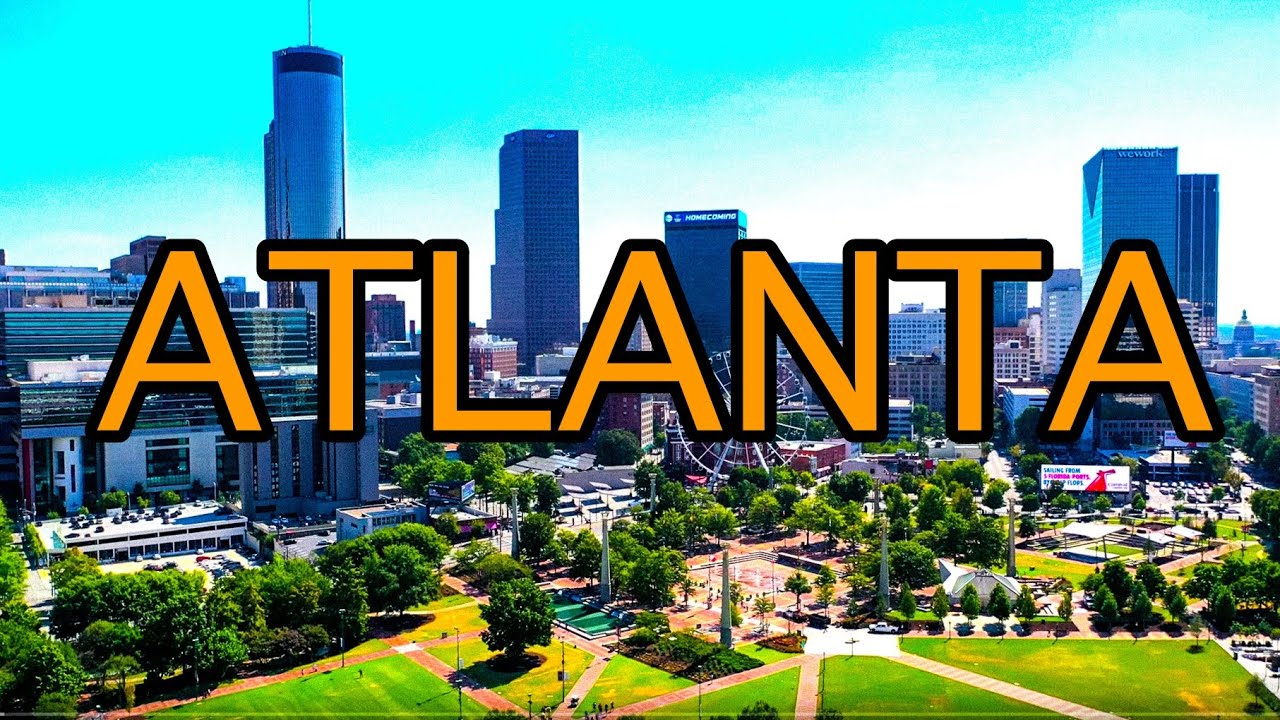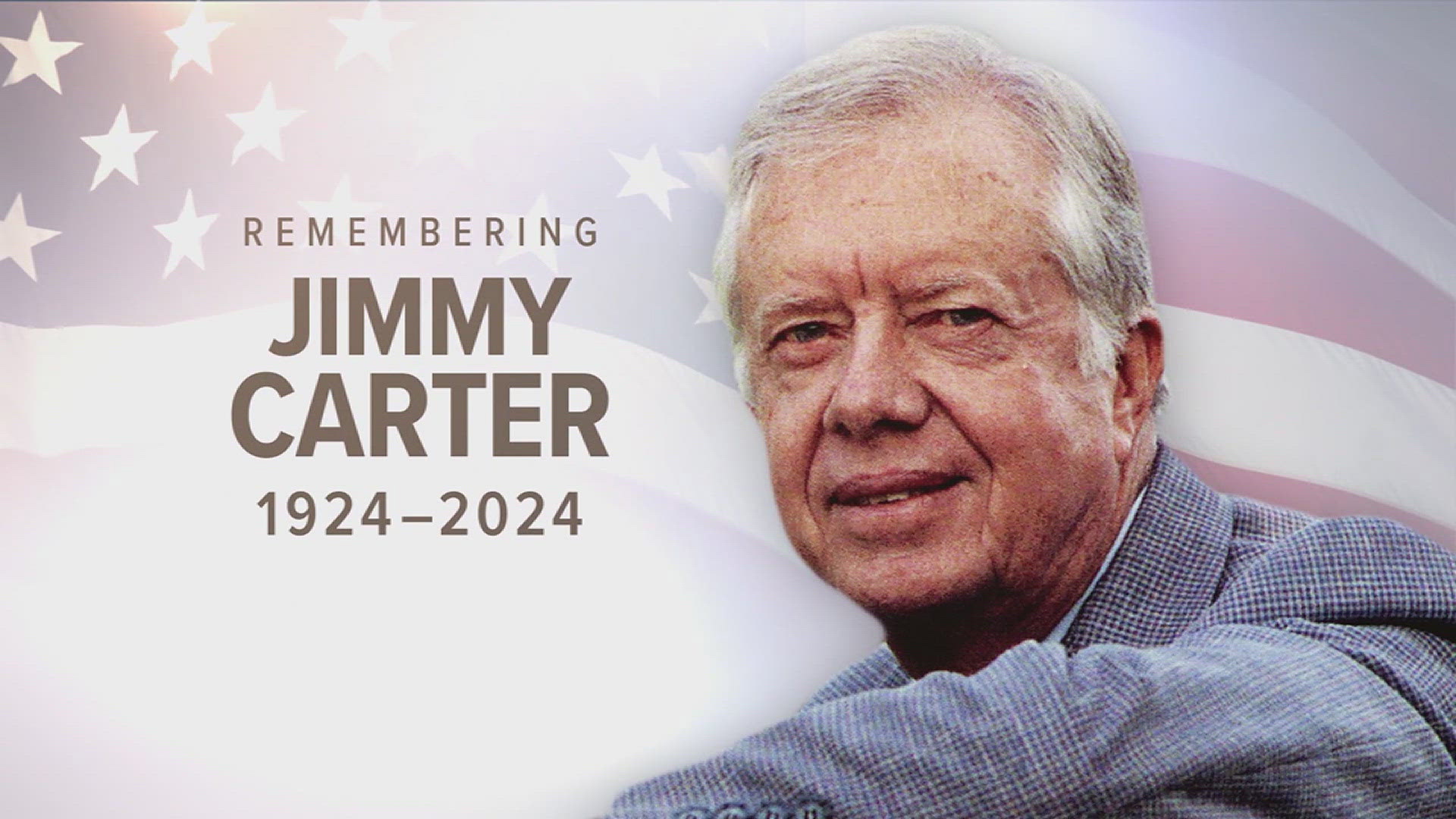(Akiit.com) In an attempt to increase the white population and maintain white political control, the city of Atlanta expanded its borders northward to include the once rural area called Bulkhead. This successful annexation was made in 1952 under Mayor William Hartfield’s “Plan of Improvement”. Today, Atlanta is a far different municipality. The Bulkhead district has grown to become the wealthiest area in the city with its chic homes, luxurious shops, high-end restaurants and elaborate mansions. But residents in this predominately white enclave are frustrated, angry and scared. Earlier this year, Georgia state lawmakers introduced legislation that would give residents the opportunity to vote on making Bulkhead its own separate city. The idea to secede is not new. “Bulkhead City” has become a topic of discussion for years, but the city’s recent increase in crime has caused efforts for cityhood to gain serious momentum. For decades, the affluent Bulkhead district has been one of the safest areas in Atlanta. Since 2019, it has seen a sizable increase in the number of murders, shootings, robberies, carjackings and street racing. 2020 was the deadliest year in more than two decades for the city as a whole. When asked about secession, Bulkhead residents will also point to the decrease in the quality of services, the heavy tax burden, City Hall corruption, struggling schools and zoning disputes.
These are valid quality of life concerns, but what about the overall consequences? The city could possibly face a net fiscal loss estimated between $80 million to $116 million annually. As for the schools, the Atlanta Public Scholl system is expected to lose approximately $232 million per year. And when we speak about consequences, do we forget the predominately Black neighborhoods on Atlanta’s Southside? They too are frustrated, angry and scared. Some residents say the secession plans are not racial. Already, there are those nationally who, with racial overtones, believe “Atlanta needs Bulkhead, Bulkhead does not need Atlanta”. Such statements show they still don’t get it. You have to have a willingness to sincerely care and to invest in people. Ironically, it was a native Atlantan who went through great pains to explain it. In 1963, Martin Luther King wrote a letter from a Birmingham jail cell. He was responding to white clergymen who questioned why he left Atlanta to cause “good trouble” in Birmingham. The answer he gave them is the same response that should be given to people everywhere who have little sense of unity when it comes to joining together diverse communities who share the same common interests.

In this case, crime. Dr. King wrote, “Moreover, I am cognizant of the interrelatedness of all communities and states. I cannot sit idly by in Atlanta and not be concerned about what happens in Birmingham”. He continued by saying, “we are caught in an inescapable network of mutuality (support), tied in a single garment of destiny. Whatever affects one directly, affects all indirectly”. In others words, the wealthy in general cannot sit idly by and not be concerned with those who are stuck in poverty. Regardless of race, economic class or zip code, diverse communities are interconnected to one another. The issues impacting those living in the poorest areas of Atlanta will eventually affect those living in wealthy Bulkhead. He makes it very clear that it is an inescapable network. Bulkhead cannot run from it. It is inevitable. The success of one is tied to the success of the other. The misery of one is tied to the misery of the other.
To say that Bulkhead does not need Atlanta is not true. “Bulkhead City” would be a self-inflicted disaster because the root causes of their problem will still remain. In his letter, Dr. King spoke about how to address the problem. He stated, “I am sure that none of you would want to rest content with the superficial kind of social analysis that deals merely with effects and does not grapple with underlying causes”. It is the grappling with underlying (root) causes that brings a person out of their comfort zone when choosing community interests over self-interests.
Since crime is the problem, what are the underlying (root) causes of crime? Poverty, a sense of hopelessness, self-hate and a sea of despair. More police is nice, but Bulkhead truly needs Southside Atlanta to overcome its poverty. This means the wealthy using their business and political influence to support polices that will close the income gap between the rich and poor. It means the wealthy (of all races) fighting in the trenches to achieve livable wages, affordable housing, eliminating food deserts, fighting the social impact of mental illness and drug addiction. It means the wealthy working hand in hand with nonprofits who effectively uplift and inspire our youth who are traumatized by living in war zones. A network of support should include churches (of all race) working in the trenches together to fulfill the spiritual development and character building for the most vulnerable and marginalized children and adults. It is a network of support, but the network is often undermined by elected and governmental officials (of all races) who place self over community.
People are watching Atlanta’s next move. If secession happens, others nationwide will have no shame in using the “Bulkhead City” blueprint for division elsewhere.
Columnist; David W. Marshall
Official website; http://www.davidwmarshallauthor.com









Leave a Reply